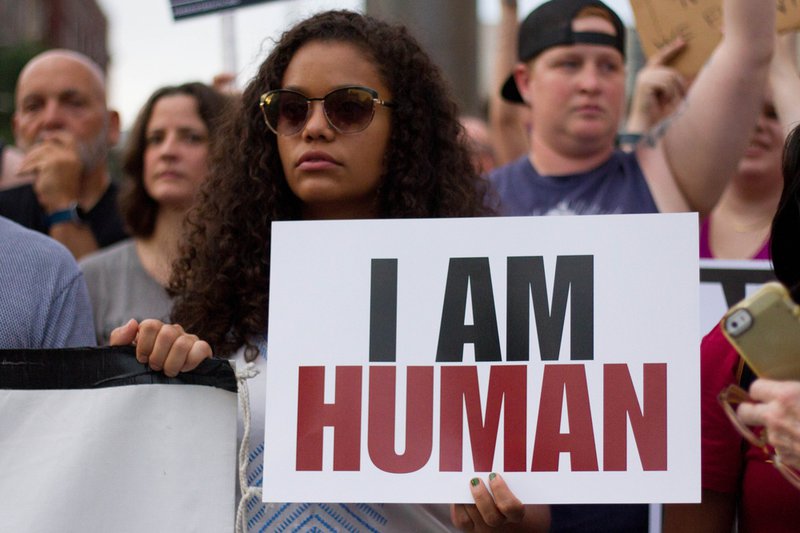Republicans’ Fixation on Work Requirements Is Fueled by White Racial Resentment
And everyone, including white families, will lose
Article/Op-Ed in Slate

Michael Candelori / Shutterstock.com
June 22, 2018
Rachel Black and Aleta Sprague wrote for Slate about the Trump administration's policies on work requirements for public assistance programs:
Thursday afternoon, the House narrowly passed a Farm Bill that, if it were to become law, would vastly expand work requirements for SNAP (formerly “food stamps”) recipients, putting more than 2 million people at greater risk of hunger. The vote is the latest in a coordinated GOP effort to ration everything from health care to housing according to work status. The vote came on the heels of a sweeping proposal from the Trump administration to reform several federal agencies, including rebranding the Department of Health and Human Services as the Department of Health and Public Welfare—presumably to make its association with the now-pejorative welfare even more obvious to the public—with an explicit emphasis on standardizing work requirements across public assistance programs.
This “illusory emphasis on employment” was part of a multifaceted condemnation of the Trump administration’s approach to poverty in a report presented to the U.N. Human Rights Council early Friday. Hours before the House vote, Nikki Haley, the U.S. ambassador to the U.N., rebuked the report as “misleading,” arguing that “being able to provide for one’s self and family is empowering, both economically and spiritually.”
Haley’s comments fit right into the Trump administration’s crusade to sell work requirements as measures that promote the “dignity of work“ and incentivize “community engagement.” In truth, work requirements devalue work and demean the people doing it. People in poverty are required to accept jobs on any terms, while the labor they already perform within their homes and communities is disregarded entirely. This narrow framing of work and productivity has deep historical roots, and stems from a long tradition of exploitation that, then as now, disproportionately affects women of color.